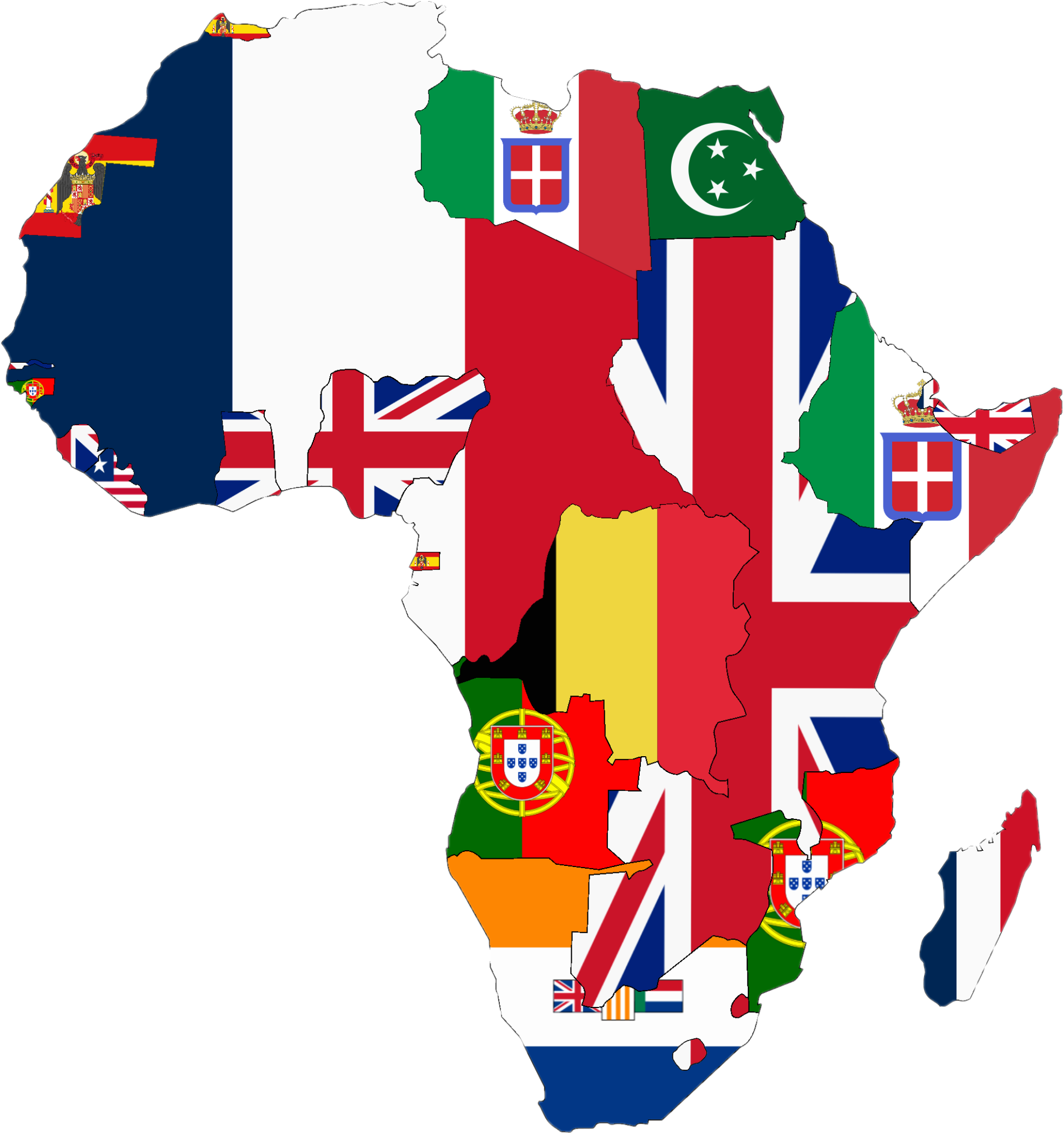Fourth and final in a series by guest author Mbaezue Emmanuel Chukwuemeka
Must one conclude from my last two posts that nonviolence in Africa is a lost cause? The answer is a resounding “NO,” although the foundation is weak.

To undo the wrongs stemming from colonialism, it is important for the developed countries, particularly the United States (known by some countries as the most war-mongering nation on earth), to lead a campaign against using force to resolve issues.
For example, the Nigerian government is currently training security personnel and setting up more counter-terrorism centers in its fight against the Boko Haram insurgent group. Americans should instead promote dialogue with the Islamic sect, especially regarding the root causes of the insurgency.
In an encouraging development, the U.S. and Europe have moved toward controlling the outbreak of crises through the promotion of conflict prevention mechanisms and the integration of civilian personnel in crisis management. While Europe has set up the Common Security and Defence Policy (CSDP), the U.S. has established the Civilian Response Corps (CRC).
These are the kinds of policies and projects that America should be promoting in developing countries to reduce the level of violence in the world today.
If the developed countries decide to ignore the African campaign for nonviolence, Africa will be plunged into unimaginable suffering and misery. It is also highly likely that the continents surrounding her will experience a spill-over of whatever evil comes out of Africa, as when France intervened in Mali.
To make matters worse, funds and donations originally meant for development aid in Africa will end up been used as relief materials, with the global economy also being threatened.
Mbaezue Emmanuel Chukwuemeka has a Masters of Science in Conflict Management and Peace Studies from University of Jos, Jos, Plateau State. He is a member of Institute of Chartered Mediators and Conciliators, and works as a paralegal counsel at the Legal Aid Council for the Federal Ministry of Justice in Nigeria.

